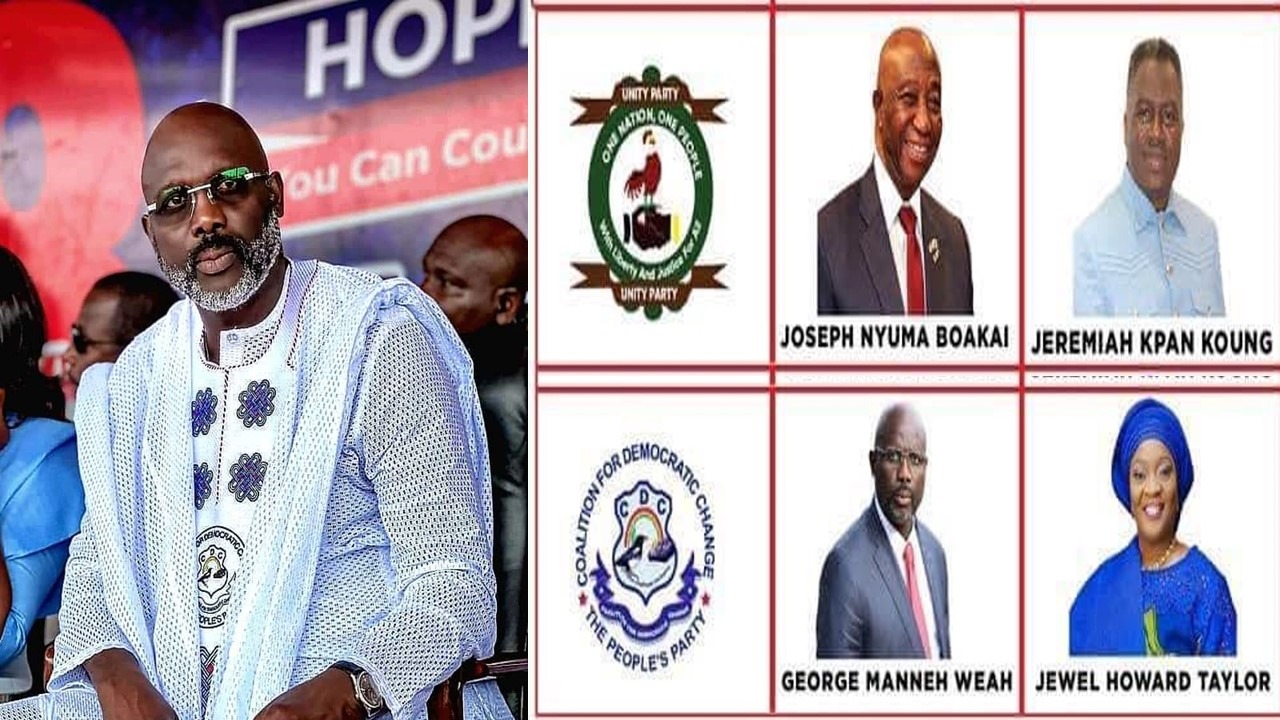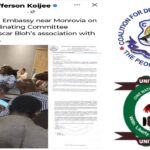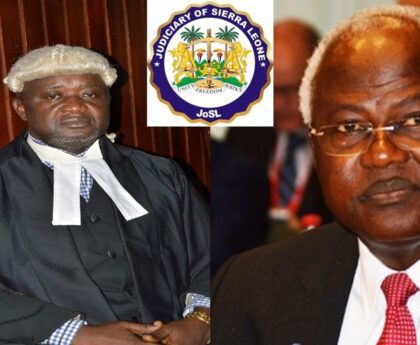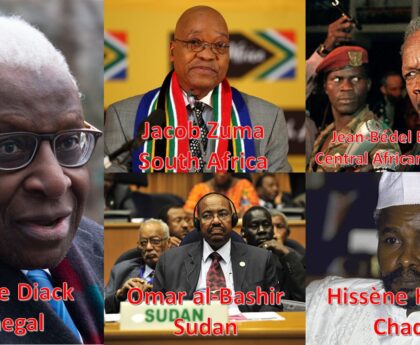In recent times, Liberia has found itself at the center of a political storm as the ruling party, the Congress for Democratic Change (CDC), expressed its intentions to change electoral heads and workers. The proposed overhaul has sparked controversy, with accusations surfacing that the head of the Elections Coordinating Committee (ECC) is working in favor of the opposition Unity Party (UP). In this article, we will delve into the details of this unfolding saga, examining the motivations behind CDC’s move and the allegations leveled against the ECC.
The CDC’s Electoral Overhaul:
The CDC, led by President George Weah, has put forth a plan to change electoral heads and workers, citing the need for a more transparent and efficient electoral process. Proponents argue that such changes are necessary to address long-standing issues in the electoral system and to ensure free and fair elections in the future. They emphasize the importance of instilling public confidence in the electoral process and argue that a fresh start with new personnel is essential for achieving these goals.
Opposition to the Overhaul:
However, the proposed overhaul has not been without its critics. Members of the opposition, particularly the Unity Party, have raised concerns about the timing and motives behind the CDC’s move. They argue that the ruling party is attempting to manipulate the electoral system in its favor, casting doubt on the government’s commitment to democracy. Accusations of ulterior motives and a power grab have been vehemently denied by CDC supporters, who insist that the changes are a necessary step towards electoral reform.
Accusations Against the ECC:
Central to the controversy is the accusation that the head of the Elections Coordinating Committee (ECC), an organization that plays a crucial role in ensuring the integrity of elections, is allegedly working in favor of the opposition UP. The CDC has pointed to what they claim is evidence of bias in the ECC’s actions and statements, raising questions about the organization’s impartiality. The ECC, on the other hand, vehemently denies these allegations, asserting its commitment to neutrality and transparency in the electoral process.
Implications for Democracy:
The ongoing dispute has significant implications for Liberia’s democratic landscape. Accusations of political interference in the electoral process can erode public trust and confidence in the democratic institutions that underpin the country’s governance. It is imperative that these issues are addressed transparently and fairly to safeguard the integrity of Liberia’s electoral system.
Conclusion:
As Liberia grapples with the controversy surrounding the CDC’s proposed electoral overhaul and accusations against the head of the ECC, the nation stands at a critical juncture. It is essential for all parties involved to prioritize the principles of democracy, transparency, and fairness to ensure that the electoral process remains a cornerstone of Liberia’s governance. The international community, including election monitoring bodies, can play a crucial role in fostering a constructive dialogue and helping to resolve the current impasse, ultimately strengthening Liberia’s democratic institutions.




